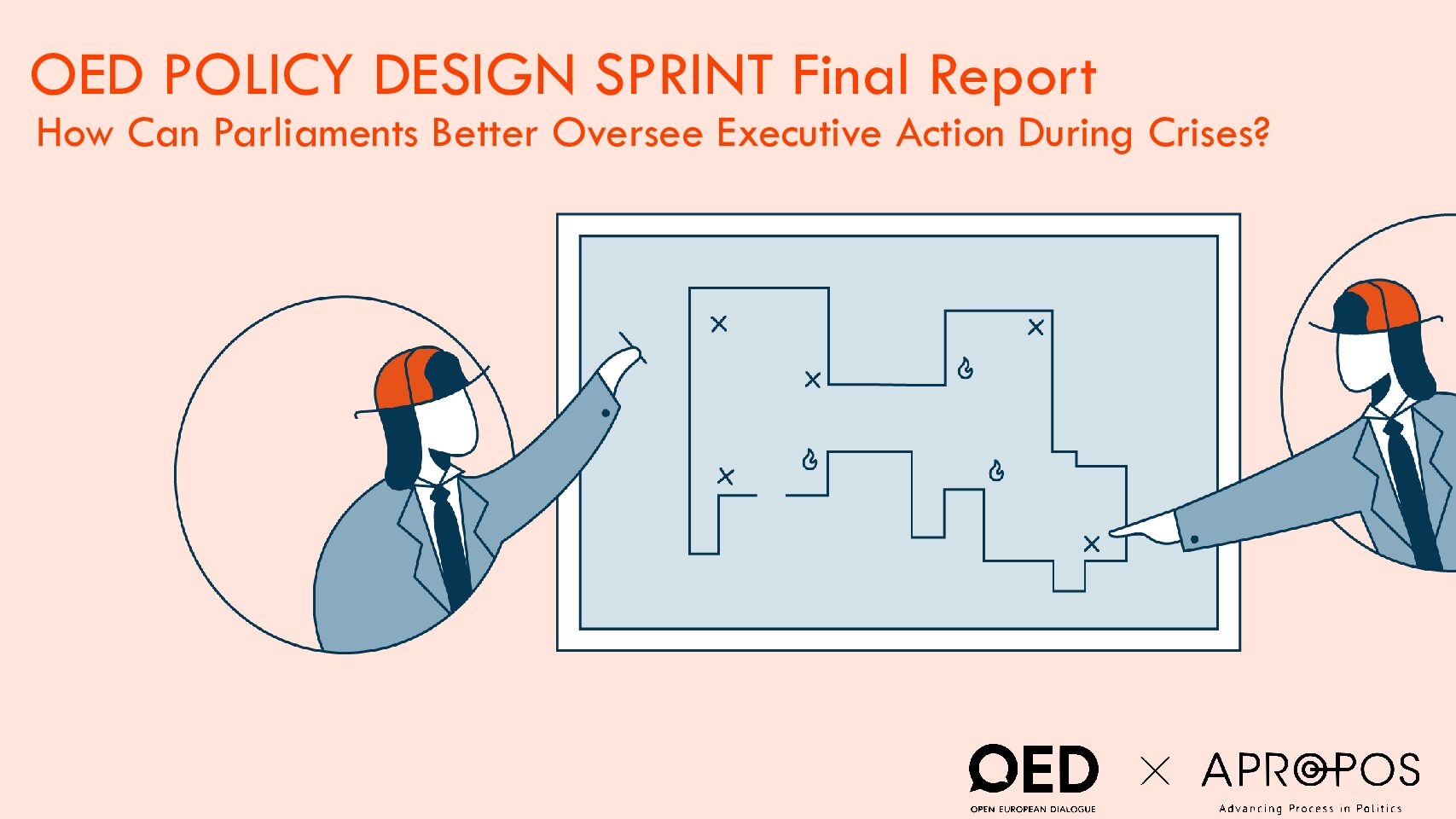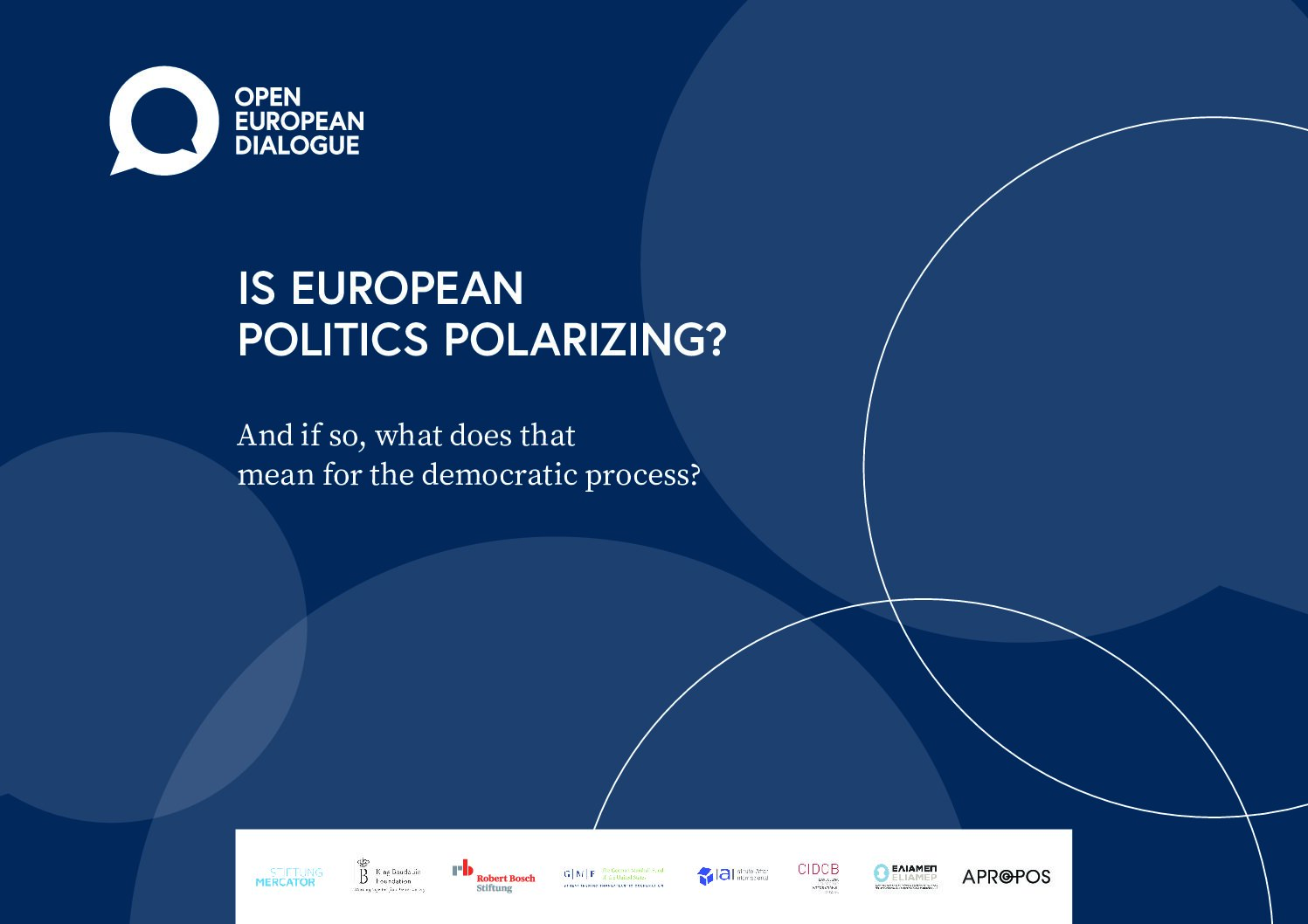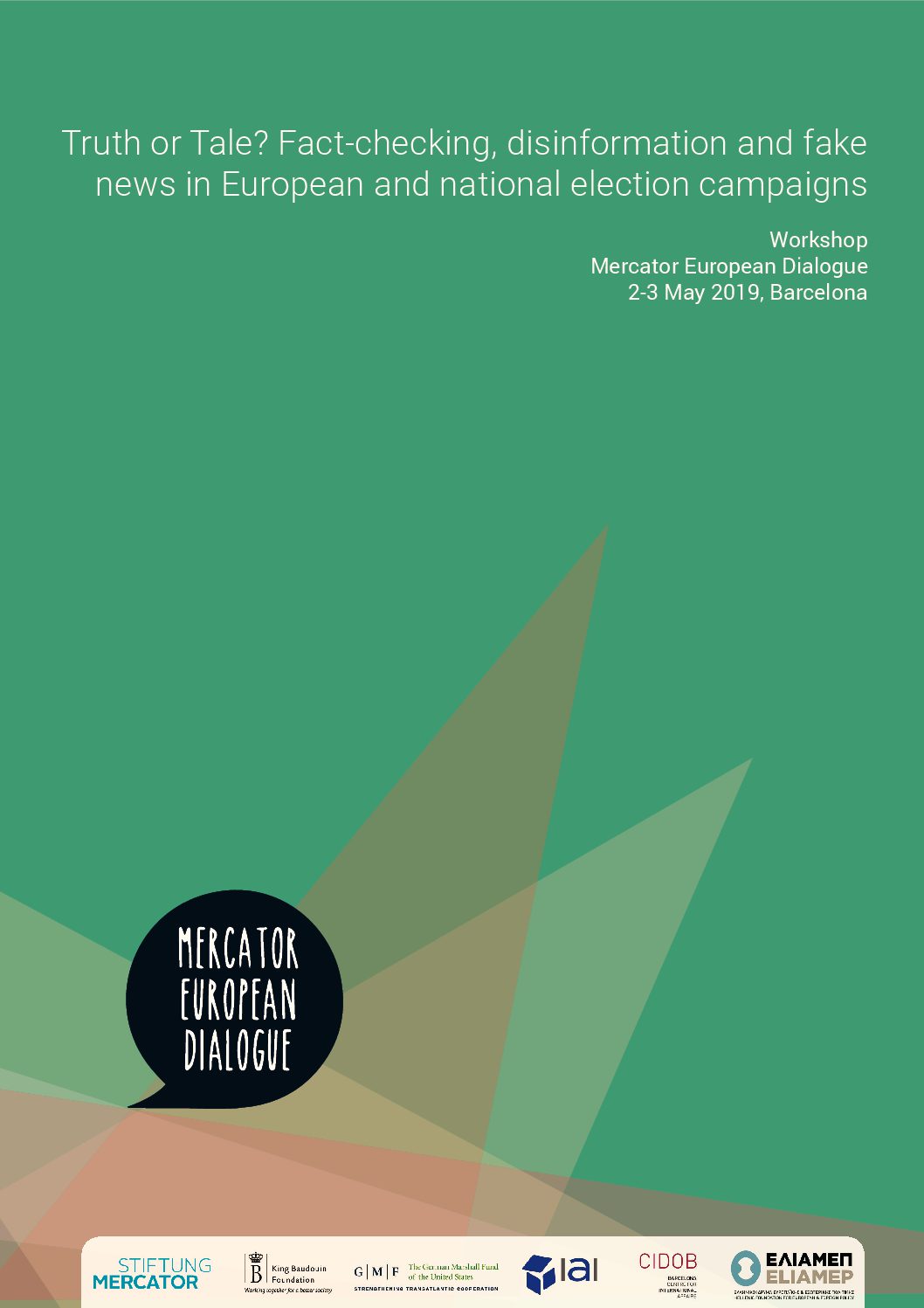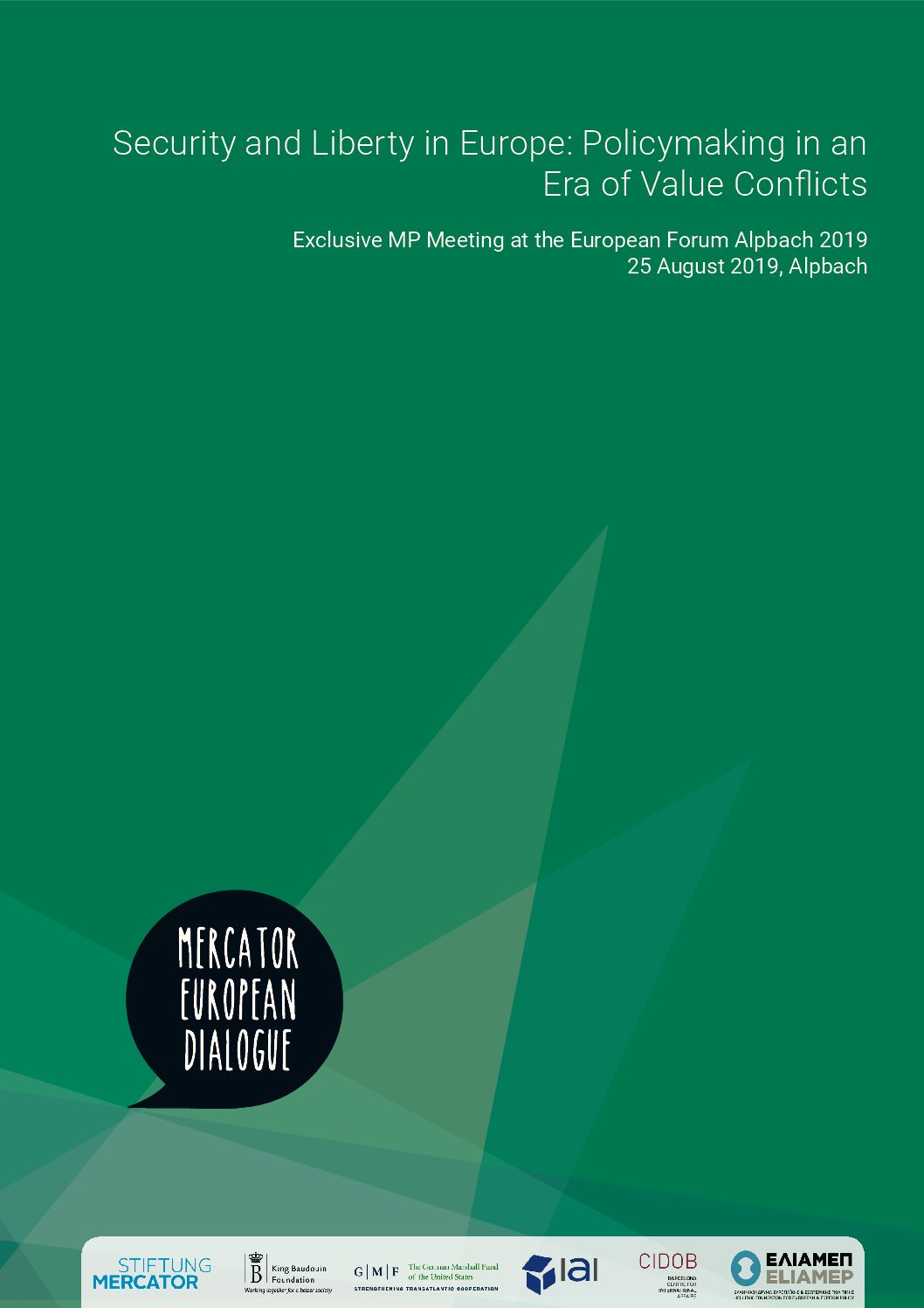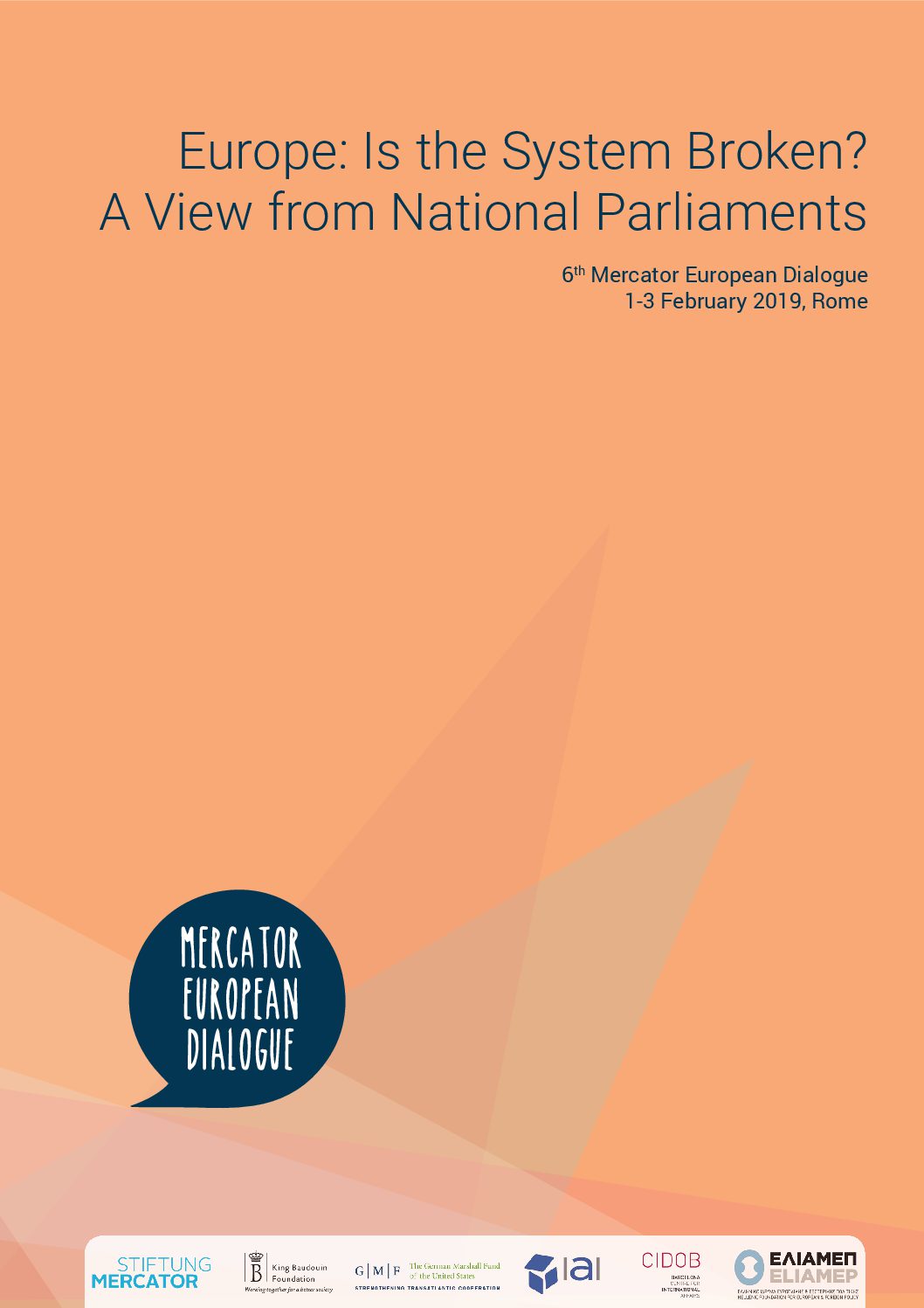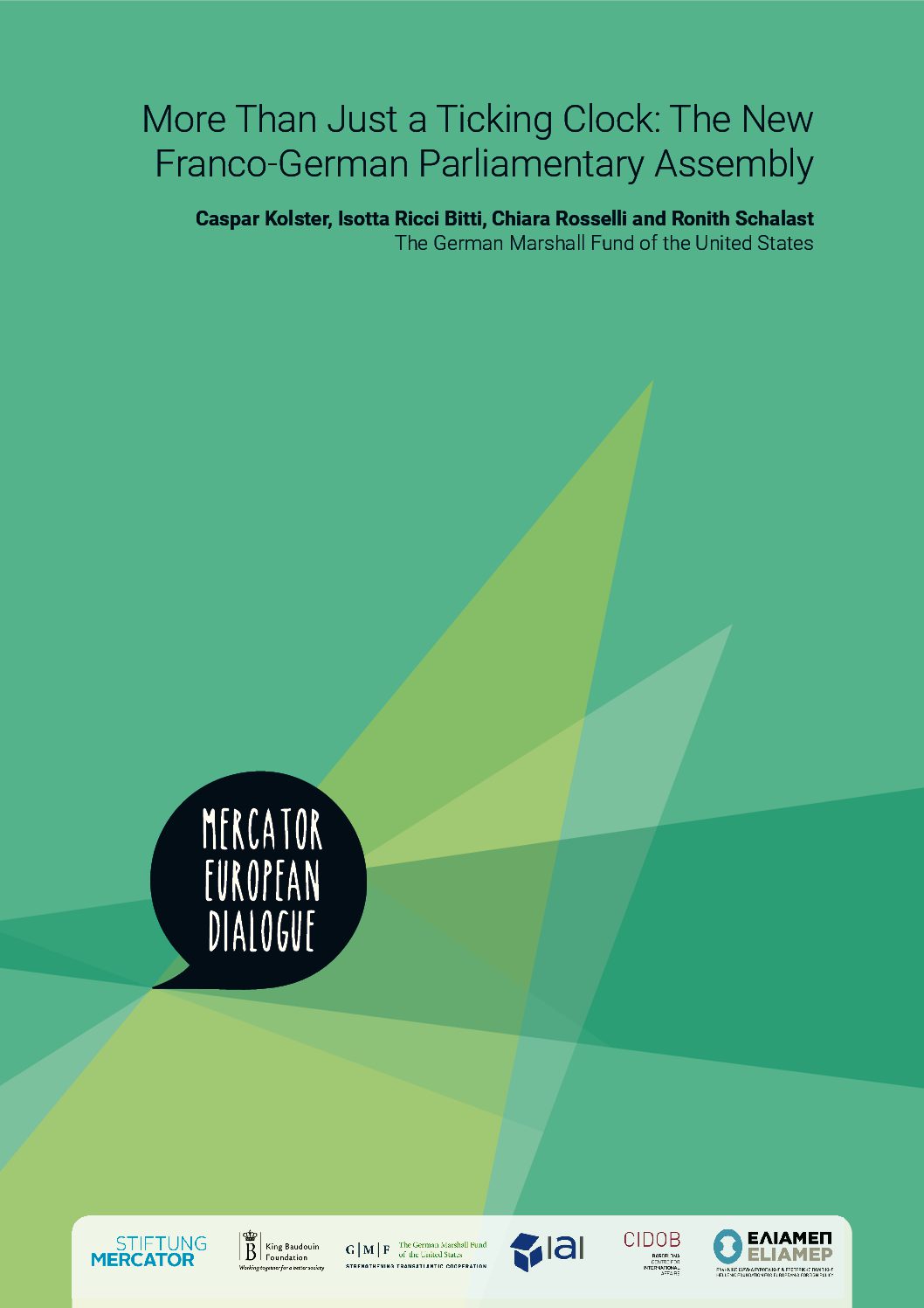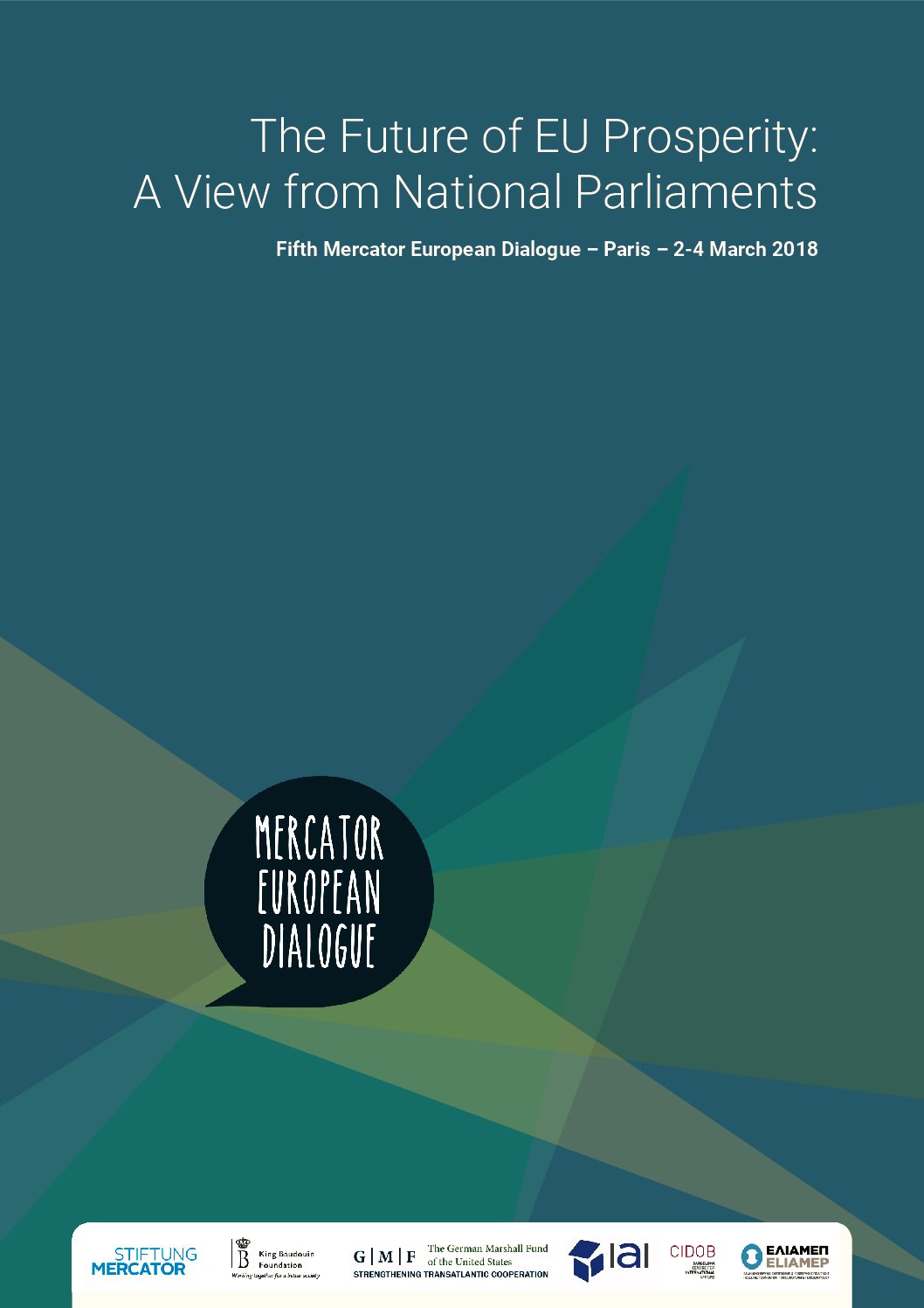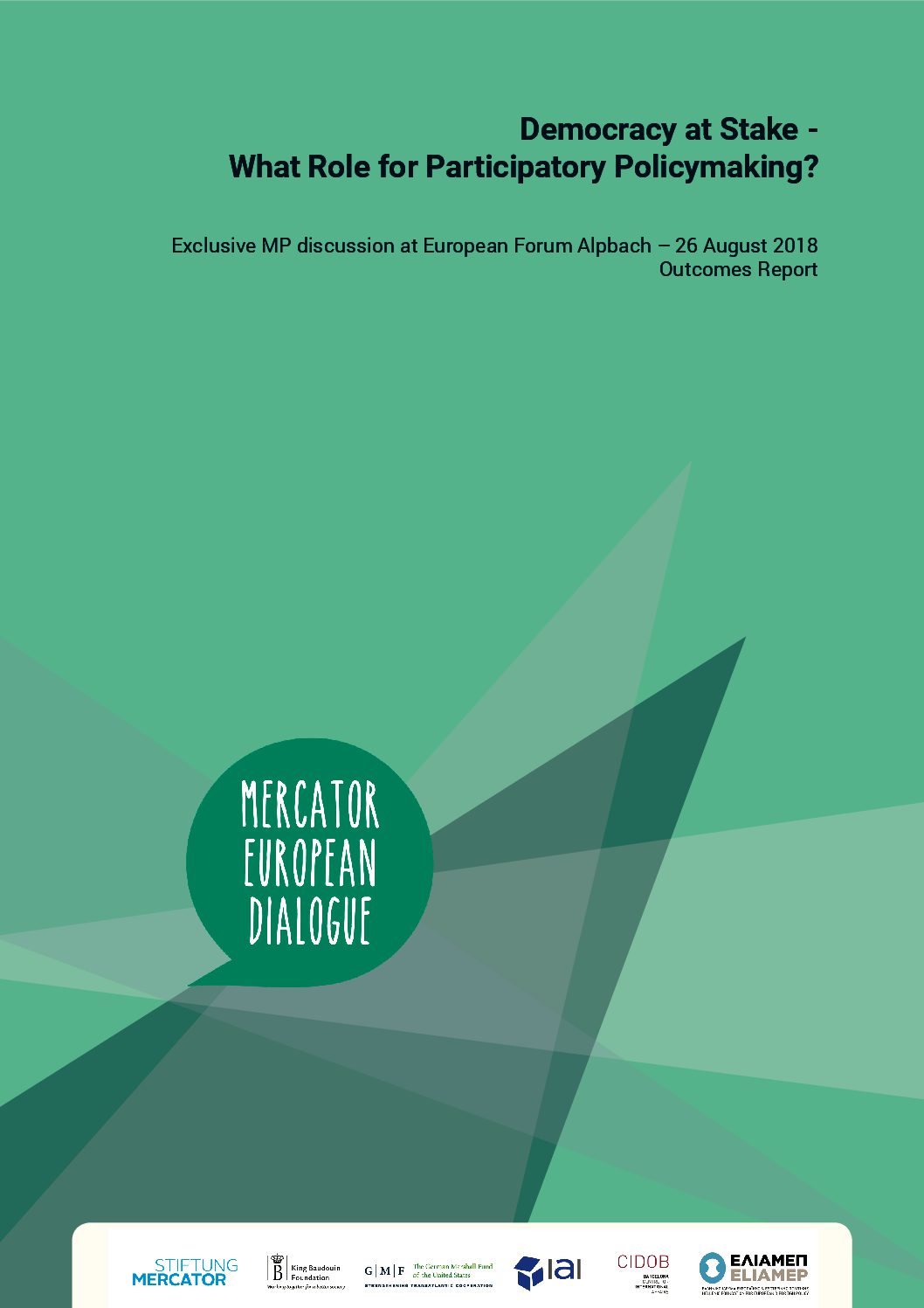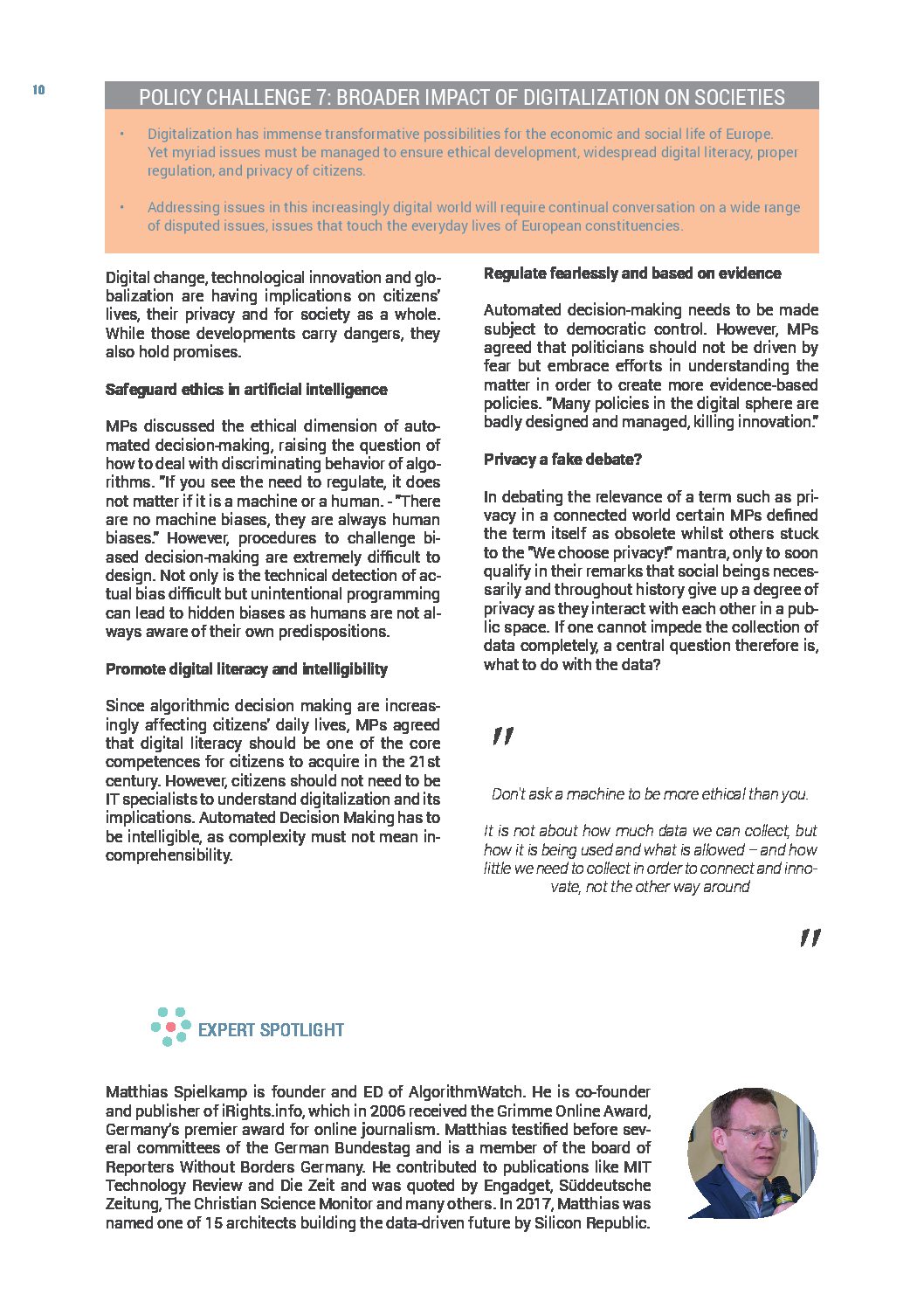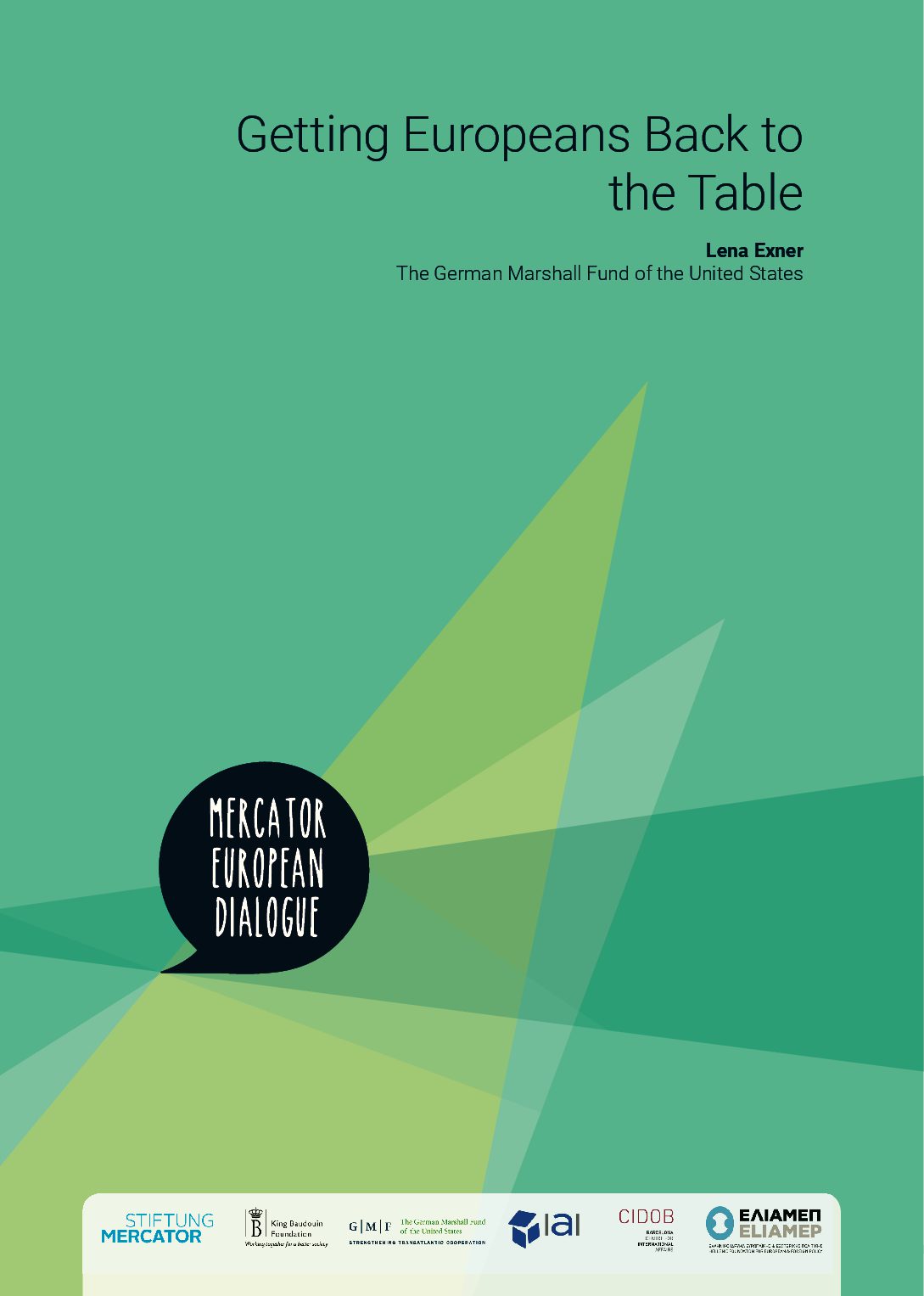Our democracies face challenges and complex policy problems that, if not addressed, can lead to a destabilization of their institutions and a deterioration of trust from their citizens. We convene policymakers to discuss and address the challenges their democratic societies face.
Follow the OED Team and the participants on their journey through the execution and final outcome of the first OED Policy Design Sprint!
Even though participatory process has been around for a long time, and in spite of its recognized benefits, applying it to policymakers is not very common. The Open European Dialogue has done so with a growing network of parliamentarians from all over Europe. This guide outlines steps to a well-designed participatory process.
Insults and denigration form part of the daily political news, often highlighting rifts between political camps. This article investigates whether this perceived shift in politcal rhetoric reflects polarization of the party and electoral landscape in the EU, and how polarization may hinder efficient policymaking.
Today, the proliferation of fake news is a top concern among Europeans. Members of network come in to discuss fact-checking, disinformation, and fake news in the context of the upcoming European Parliament elections and beyond.
Data collection has become a necessary tool for governments, but this workshop to policymakers highlights the need for strong checks and balances and a clearly defined mandate for governments to protect personal data from misuse.
Up against challenges that are symptomatic of system failure, like broken institutions, economic malfunctions, and mass distrust, MPs come together to answer an important question: how do we keep societies together in times of disruption?
If administered innovatively, the Franco-German Parliamentary Assembly could set a precedent in the field of interparliamentary dialogue, becoming a new type of champion toward future cooperation.
The confluence of globalization, digitalization, technological advances and demographic change are radically reconfiguring the socio-economic fiber of our societies. Our network discusses 'what next?' for the European Union.
What can parliamentarians do to better participatory politics in their constituencies? During the conversations, they shared their own participatory tools and best practices from their political careers.
Digital change, technological innovation, and globalization are having implications on citizens' lives, their privacy and for society as a whole, with both dangers and promises for progress. How do we safeguard ethics in artificial intelligence?
Inclusive, people-to-people diplomacy, focused on spaces for genuine exchange, could offer a partial response ending the disruptive political course in Europe, and might serve as a new guiding system for international relations.




